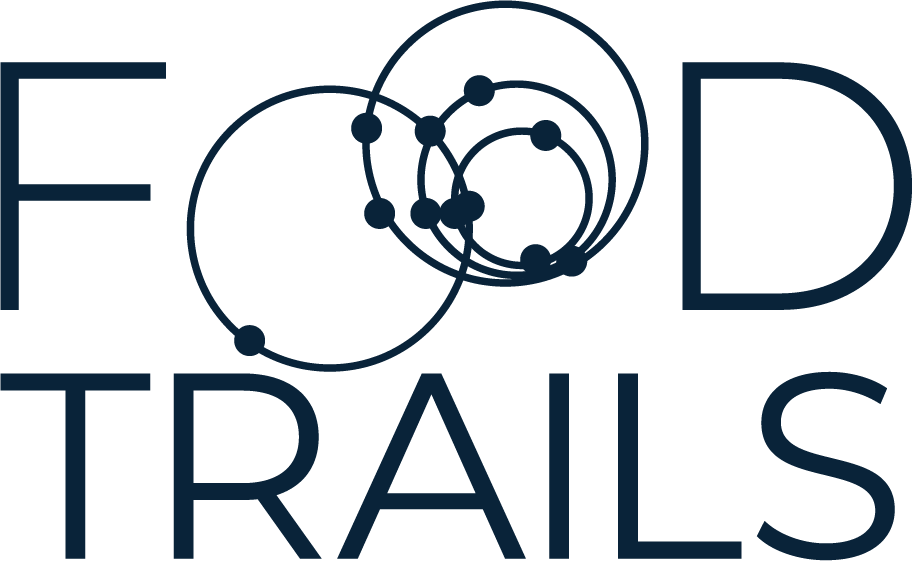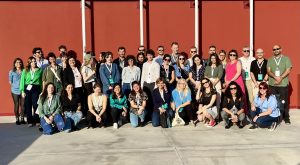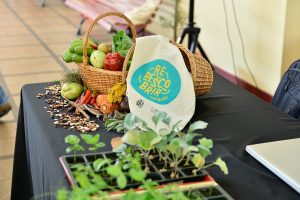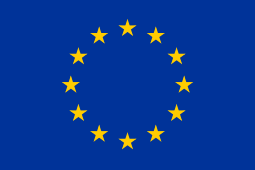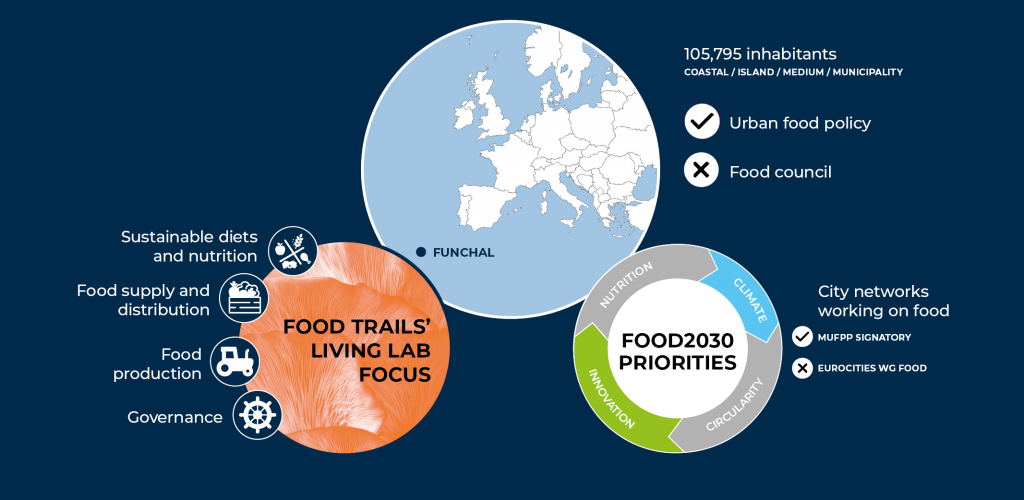
The capital of the Portuguese island of Madeira, Funchal, is one of the most Westerly cities in the European Union, and its culinary tradition benefits from its maritime setting.
The City of Funchal is a local authority aiming to improve the quality of life in the city and empower its inhabitants. The city has been engaging with the community through several projects dating as far back as 1994. Funchal is a member of the International Association of the Educating Cities and the Milan Urban Food Policy Pact (MUFPP).
To define its food policy strategy and actions, Funchal organised several co-creation exchanges with locals, including during the Funchal Food week, to better map their needs in terms of healthy and nutritional food and to explore where and for who awareness raising is needed.
Results from these consultations shaped the city’s value proposition in Food Trails which focuses on promoting healthier lifestyles and food consumption.
The city promotes a healthy, local, and sustainable food system through awareness-raising activities, food education, and agriculture. The city’s Living Lab aims:
– to better connect municipal markets, schools and social neighbourhoods;
– to empower and train the population, increase food literacy and encourage new sustainable food entrepreneurship;
Food actions in Food Trails also relate to the diversification of the restaurant industry menus through the promotion of the Atlantic Mediterranean Diet, which preserves the gastronomic cultural heritage and adapts the cooking traditions in a more sustainable way.
Read more here.
